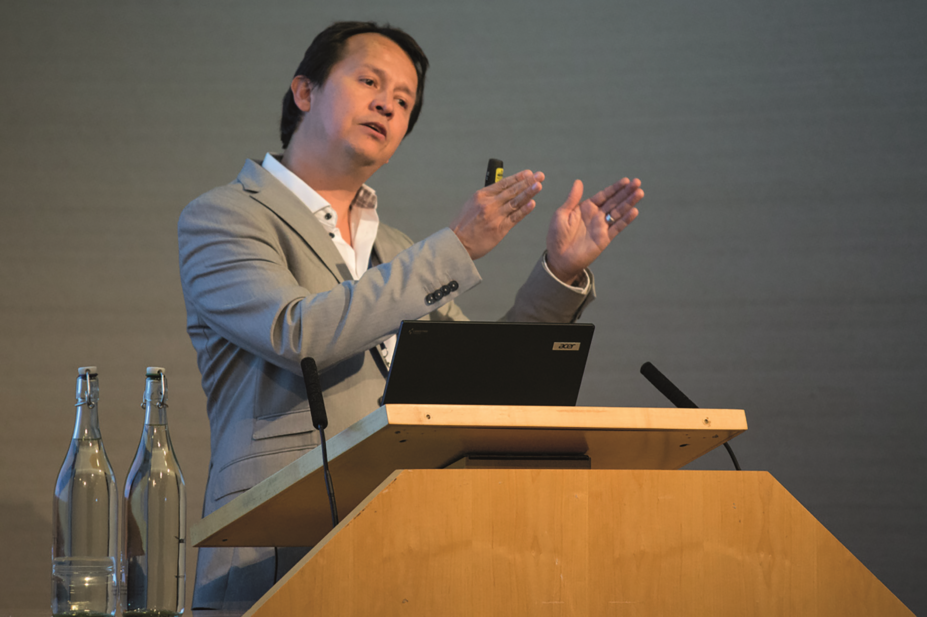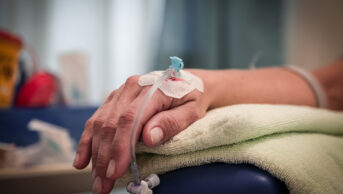
Kirsten Holst / UCL
Although cancers become more complex as they evolve, they display the same unique markers at every stage of their development, enabling researchers to tailor targeted therapies to accelerate the treatment of advanced cancers, according to Sergio Quezada, a group leader at the University College London (UCL) Cancer Institute.
Speaking at a press conference held at the Royal Society in London on 11 January 2017, Quezada highlighted the key advances that have been made in the field of cancer immunotherapy since it was first documented in the 1890s. From discovering the role of immunoregulation to developing checkpoint and cellular therapies to target specific cancers, such as melanoma or lung cancer.
“No single approach to reducing cancer-related harm will be a panacea. The immunotherapies now emerging offer hope to people who previously had no effective treatments available to them,” he said.
“As well as developing new medicines, it will be possible to make personalised therapeutic vaccines for treating individuals with cancer.”
The affordability of these advanced cancer treatments was also discussed during the conference.
David Taylor, emeritus professor of pharmaceutical and public health policy at UCL, who chaired the session, highlighted that anticancer drugs account for 0.1% of UK GDP.
“This is a significant but not unaffordable sum. Even if it were in future to double, it could still be afforded if judged a worthwhile outlay,” he said.
Also speaking at the conference, Ash Soni, a member of the Royal Pharmaceutical Society (RPS) English Pharmacy Board, highlighted the role of pharmacists in being a source of cancer information for patients, as well as helping in the prevention of cancer by offering smoking cessation services, advice on alcohol use and screening.
Meanwhile Mark Emberton, professor of interventional oncology at UCL, described recent advances in the diagnosis and treatment of prostate cancer, highlighting that with earlier diagnosis, the cost effectiveness of cancer treatment will increase.
The press conference served as a preview of the 2017 UCL School of Pharmacy and RPS New Year lecture on The Past, Present and Future of Immuno-oncology, which was held on the evening of 11 January 2017.


